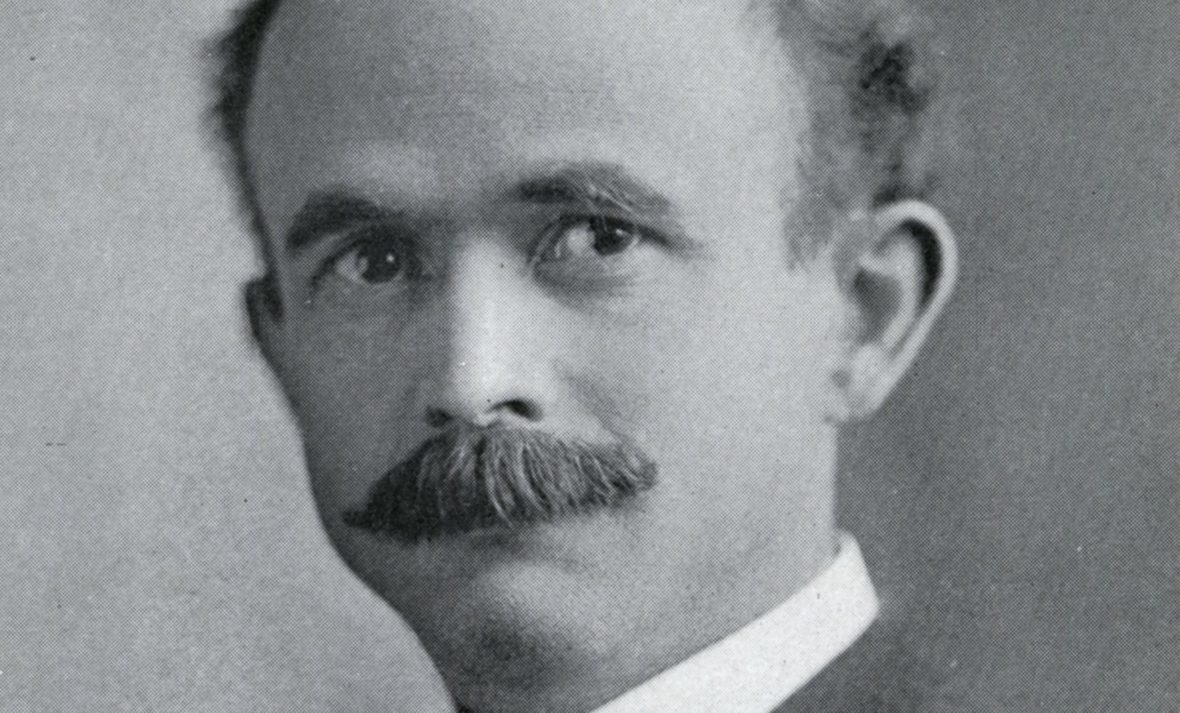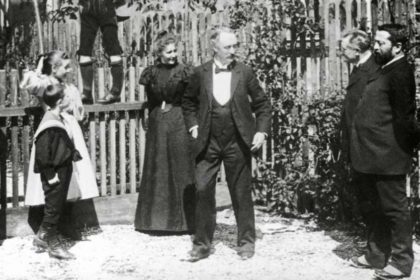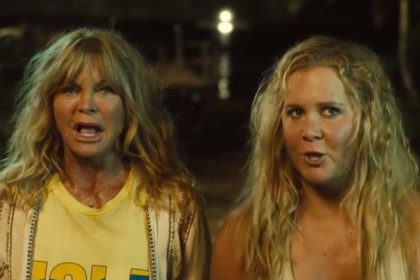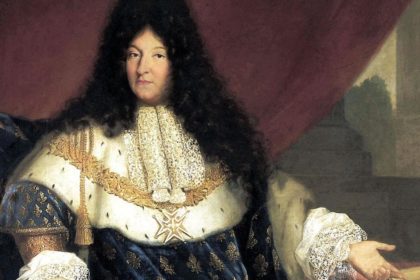Benjamin Barr Lindsey was an American judge and social reformer based in Denver, Colorado, during the Progressive Era. He was born in Jackson, Tennessee, on November 25, 1869, to a former Confederate captain. Take a look below for 24 more interesting and fascinating facts about Benjamin Barr Lindsey.
1. He was educated in the public schools and attended Southwest Baptist University.
2. His father, Landy Tunstall Lindsey, committed suicide when Ben was 18, leaving him the sole support of his mother and her three younger children.
3. He obtained employment in a real-estate office in Denver, Colorado, where he studied law in his spare time.
4. In despair over his slow progress in his law studies, he attempted suicide, but his gun misfired.
5. In 1894, he entered the practice of law in Denver.
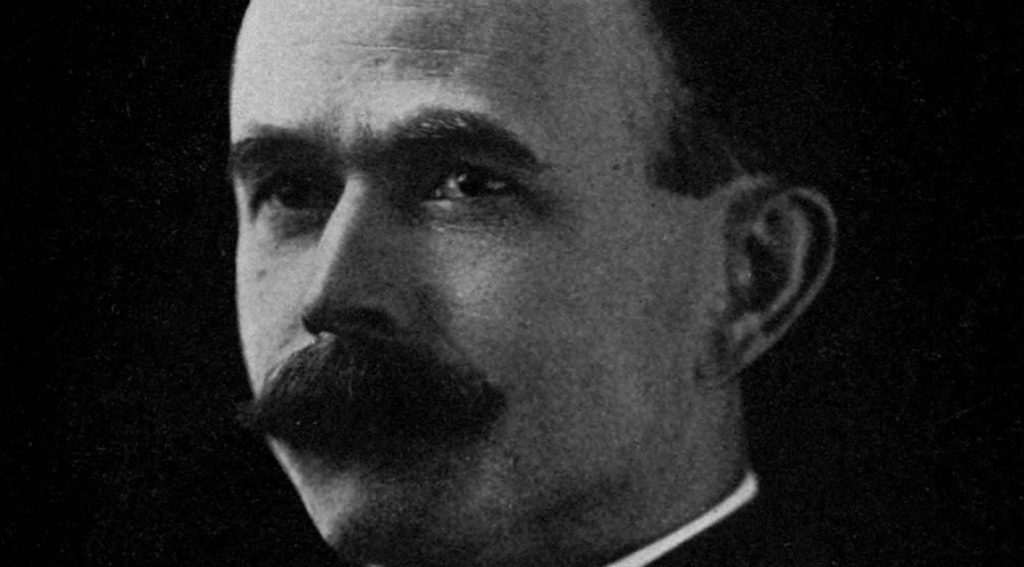
6. In his work, he was often assisted by his wife, Henrietta, whom he had married in 1914.
7. He was appointed to a vacancy in the county court in 1900.
8. Lindsey was a pioneer in the establishment of the juvenile court system. Through his efforts, an act was passed creating a juvenile court in Denver, which represented an important advance in relation of the law to children and would go on to serve as a model for future juvenile courts across America.
9. Lindsey was made judge of the juvenile court in 1901, which became a juvenile and family relations court in 1907.
10. He held the position continuously, but he was not endorsed by either political party in 1908.
11. Among other measures in which Judge Lindsey contributed his influence were a reform of the registration law, greatly reducing election frauds; a reform of the ballot; state provisions for the support of the dependents of people serving in prison; extension of the probation system for prisoners; organization of public baths and playgrounds in Denver; the institution of the fresh-air movement in Denver; and enactment of statewide Mother’s Pension Law.
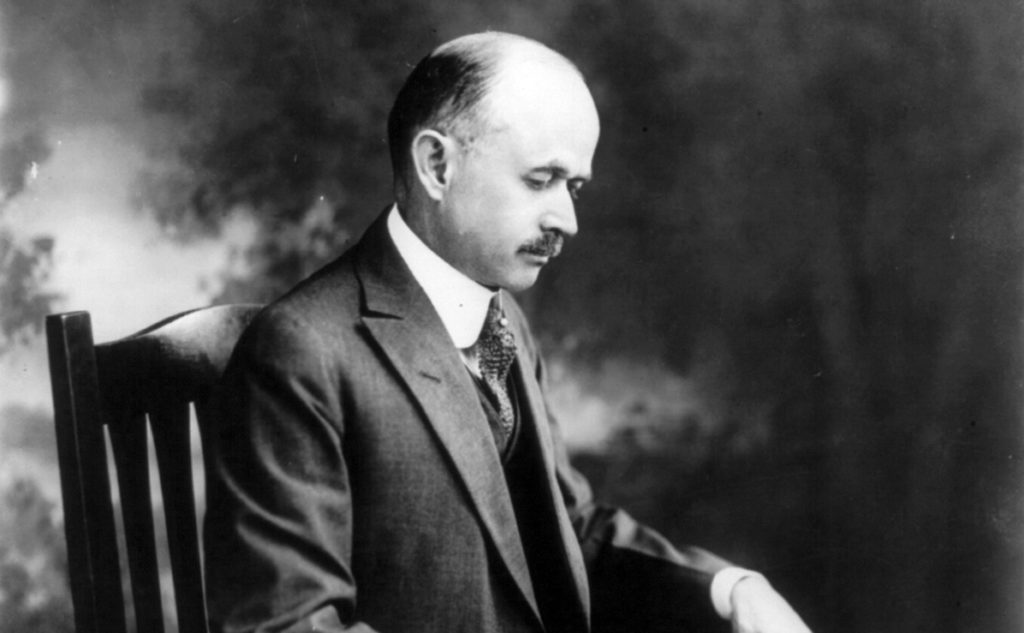
12. He was a leader in the movement to abolish child labor.
13. He carried on an active propaganda for the general adoption of the juvenile court plan, and for political and social reform, through lectures delivered in many American and foreign cities and through the publication of books and pamphlets, of which “The Beast” was widely circulated.
14. In 1906, Judge Lindsey was a candidate for Governor of Colorado, and in 1912 became a member of the Progressive National Committee.
15. In early 1927, Lindsey co-wrote a controversial book about what he called “companionate marriage”, in which he suggested that young men and women should be able to live together in a trial marriage, where the couple could have a year to evaluate whether or not they were suitable with each other.
16. Lindsey engaged continually in propaganda and political action to advance his social causes.
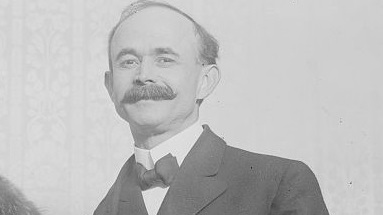
17. He traveled widely, urging the creation of humane laws and better family counseling services. In his work he was assisted by his wife, Henrietta.
18. He recognized that crime was a product not only of poverty and ignorance but of corporate determination to resist child-labor and child-care laws.
19. He understood the need for measures to assist wayward children and to aid needy or desert mothers.
20. Lindsey’s increasing radicalism led him to denounce the negative influence of big business in “The Beast and the Jungle”, written with a collaborator.
21. His fame was spread by such articles as Lincoln Steffen’s “Ben Lindsey, the Just Judge.”
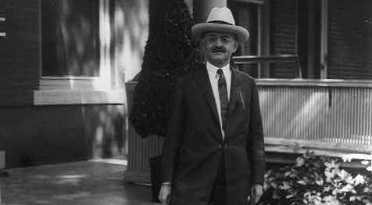
22. Although Lindsey supported American’s entry into World War I, he continued to seem radical to Denver conservatives.
23. Lindsey was publicly denounced by a Catholic bishop and arrested for protesting the false statements that had been made respecting his beliefs.
24. Lindsey became a lawyer in Los Angeles, California, where he was elected judge of the Supreme Court. He died on March 26, 1943.

